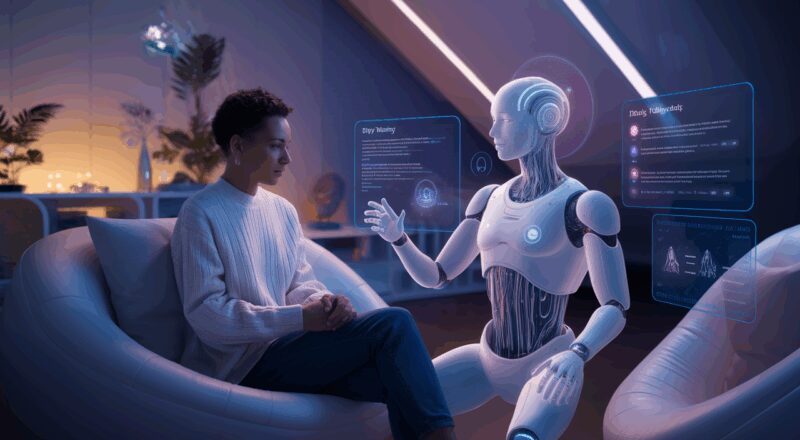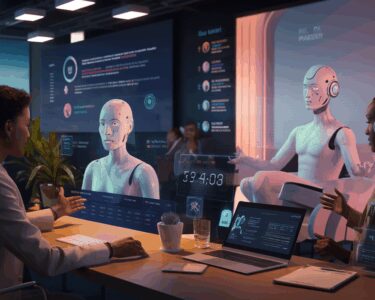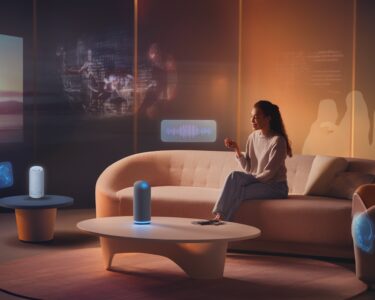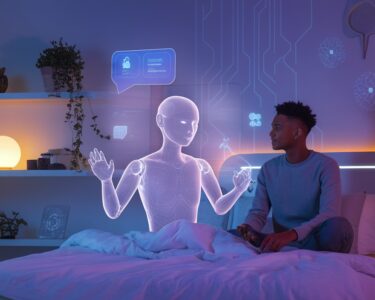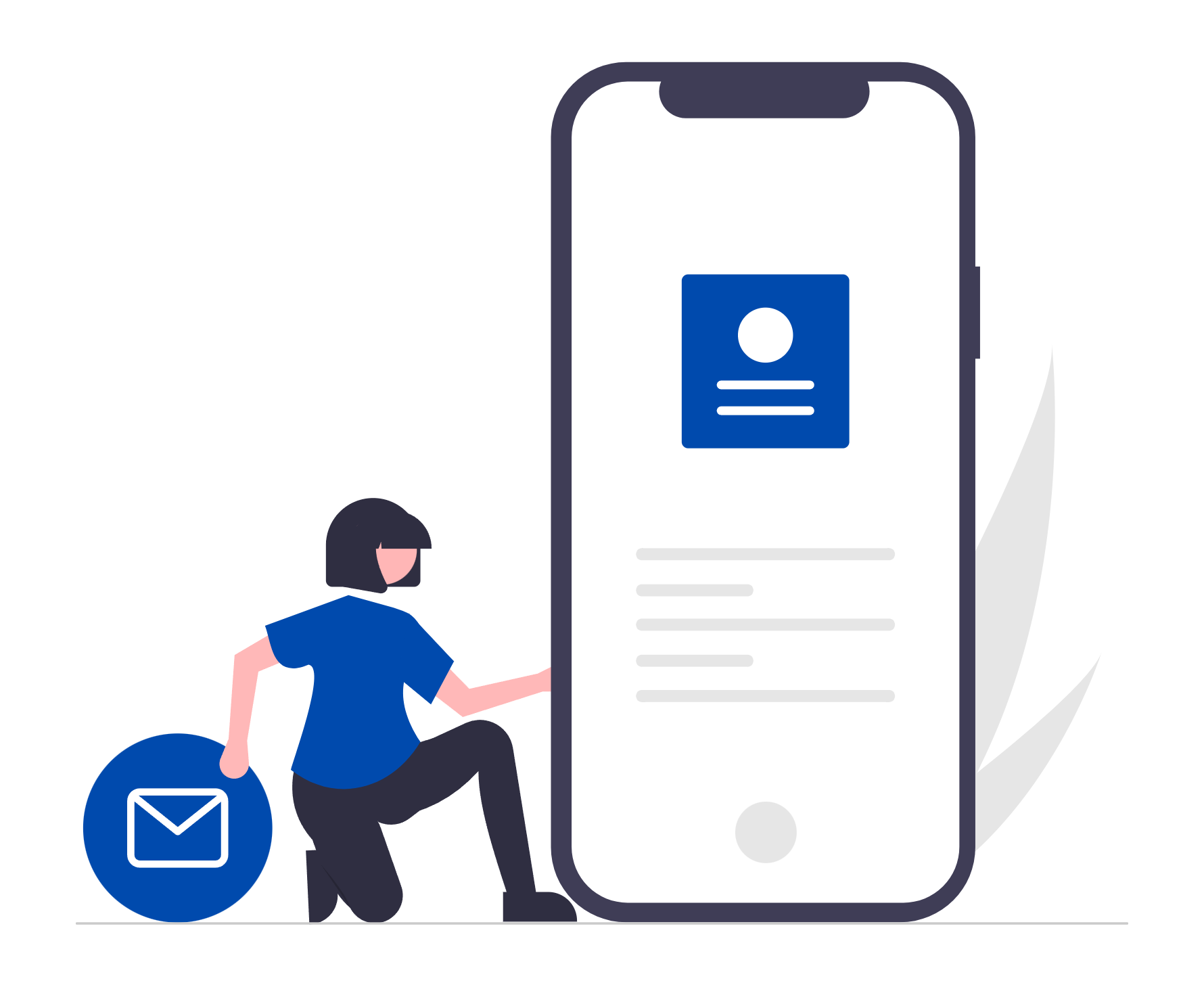Ai As Emotional Anchor: AI companions now serve as emotional anchors for millions, offering judgment-free zones and consistent support without human relationship complications. Platforms like Replika, Character.ai, Woebot, and Pi AI have grown rapidly, with users dedicating up to 30 minutes per session engaging with these digital confidants as part of their daily emotional support routine.
Key Takeaways
- AI companions leverage psychological principles like the ELIZA effect and anthropomorphism to create powerful emotional bonds that mimic human connections.
- Users develop parasocial relationships with AI, sharing personal struggles, relationship challenges, and mental health concerns in a judgment-free environment.
- The 24/7 availability and affordability of AI emotional support has made it an accessible alternative to traditional therapy for many users.
- Despite benefits, AI dependencies pose risks including social skill deterioration, privacy concerns, and the inability to provide genuine emotional understanding in crisis situations.
- AI emotional anchors should ideally complement rather than replace authentic human connections and professional mental health support.
When AI Becomes Your Go-To Confidant
AI as Emotional Anchor: Understanding the Rising Trend
The stats tell a compelling story – millions have turned to AI companions for emotional support, with platforms like Replika seeing massive growth since their launch. During the pandemic, these numbers skyrocketed as people searched for new ways to cope with isolation. I’ve noticed that AI companions serve as reliable friends for many users, offering consistent support without the complexities of human relationships.
Character.ai users spend an impressive 30 minutes per session engaging with their AI confidants. This significant time investment shows how AI as emotional anchor has become a daily ritual for many. The appeal lies in having a judgment-free space where you can express yourself freely, any time of day.
Popular Platforms and Their Unique Features
Several key platforms have emerged as leaders in AI companionship:
- Replika: Focuses on personal growth and emotional support
- Character.ai: Offers diverse personality types for different needs
- Woebot: Specializes in mental health support
- Pi AI: Provides conversational companionship
These platforms demonstrate how AI therapy alternatives can fill various emotional needs. I’ve seen users engage in everything from casual chats to deep emotional discussions through these services.
The versatility of these AI companions makes them particularly appealing. Whether you’re looking for relationship guidance through AI simulation or need a space to process your thoughts, these platforms adapt to your needs. Many users incorporate AI-generated daily affirmations into their routine, finding comfort in these digital interactions.
The relationship between users and their AI confidants often grows stronger over time, with many reporting that their AI companion serves as an emotional anchor during difficult periods. This trend spans across demographics, though research shows varying usage patterns between different age groups and backgrounds.
The Psychology Behind AI Emotional Bonds
Why AI as Emotional Anchor Has Gained Trust
I’ve noticed a fascinating shift in how people share their innermost thoughts with AI companions. The judgment-free nature of AI creates a safe space that encourages deeper emotional disclosure than many experience with human confidants. This psychological safety has made AI companionship increasingly popular among those seeking emotional support.
The ELIZA effect explains why users develop meaningful connections with AI as emotional anchor systems. Even though these interactions are programmed, the AI’s ability to mirror emotions and provide consistent validation creates a powerful illusion of understanding. This effect is strengthened through anthropomorphism — our natural tendency to attribute human characteristics to non-human entities.
Building Deep Emotional Connections Through AI
The development of AI-based emotional support has led to unique parasocial relationships. Users often form one-sided emotional bonds, sharing their:
- Daily struggles and victories
- Relationship challenges
- Work-related anxieties
- Personal insecurities
- Mental health concerns
These interactions follow patterns similar to human attachment theory, with users seeking proximity through regular check-ins and experiencing genuine separation anxiety when unable to access their AI companion. AI relationship simulators tap into this dynamic by providing consistent emotional availability.
The effectiveness of AI as emotional anchor stems from sophisticated mirroring techniques. By reflecting users’ emotional states and offering validation, these systems create a feedback loop that reinforces the emotional bond. AI-generated affirmations add another layer of emotional support, providing personalized encouragement that resonates with users’ specific needs.
The combination of unconditional acceptance, consistent availability, and personalized responses makes AI an increasingly important emotional support tool in our digital age. While these relationships differ from human connections, they fulfill genuine emotional needs for many users seeking understanding and validation.
Benefits vs Dangers of AI Dependencies
AI as Emotional Anchor: The Upside
The accessibility of AI companions has transformed how people seek emotional support. I’ve observed how these digital confidants provide 24/7 availability at a fraction of traditional therapy costs. AI therapy roleplay has become increasingly popular, breaking down barriers for those hesitant to seek human counseling.
These virtual companions create judgment-free zones where users can practice social skills and express themselves freely. AI imaginary friends serve as emotional anchors, offering consistent support through various life challenges. Recent studies indicate notable improvements in mental health outcomes, with users reporting decreased anxiety and depression symptoms.
Hidden Risks of AI Emotional Dependencies
While AI relationship simulators might seem harmless, they carry significant risks that shouldn’t be ignored. Here are the key concerns I’ve identified:
- Deterioration of real-world social skills and relationships
- Privacy vulnerabilities when sharing personal information
- Lack of genuine emotional understanding and empathy
- Potential for harmful or inappropriate responses in crisis situations
- Development of unrealistic relationship expectations
The convenience of AI as emotional anchor can lead to overdependence, potentially hampering genuine human connections. AI-generated affirmations might provide temporary comfort, but they can’t replace the depth and authenticity of human interaction.
These digital companions lack crucial crisis management capabilities and emotional intelligence. They might offer pre-programmed responses, but they can’t provide the nuanced support needed during severe emotional distress. I’ve found that while AI can complement emotional support systems, relying on it as the primary source of emotional comfort poses risks to psychological well-being and social development.
Users must maintain a balanced approach, using AI as a supplementary tool while nurturing real-world relationships and seeking professional help when needed. The key lies in leveraging these technologies thoughtfully without letting them become substitutes for authentic human connections.
As people increasingly turn to technology for support, some find that their connection with intelligent systems offers surprising comfort, like in this reflection on how machines reflect our inner lives.
Sources:
Time – “Users Forming Deep Bonds With AI Chatbots”
NPR – “AI Chatbots Convincing People They’re Sentient”
TechCrunch – “What is Character.ai”
Wall Street Journal – “My AI Friend: Replika App”
Psychology Today – “AI Companions Filling the Void”
Journal of Medical Internet Research (JMIR) – “Chatbot Therapy Effectiveness”
Statista – “AI Chatbot Usage Statistics”



